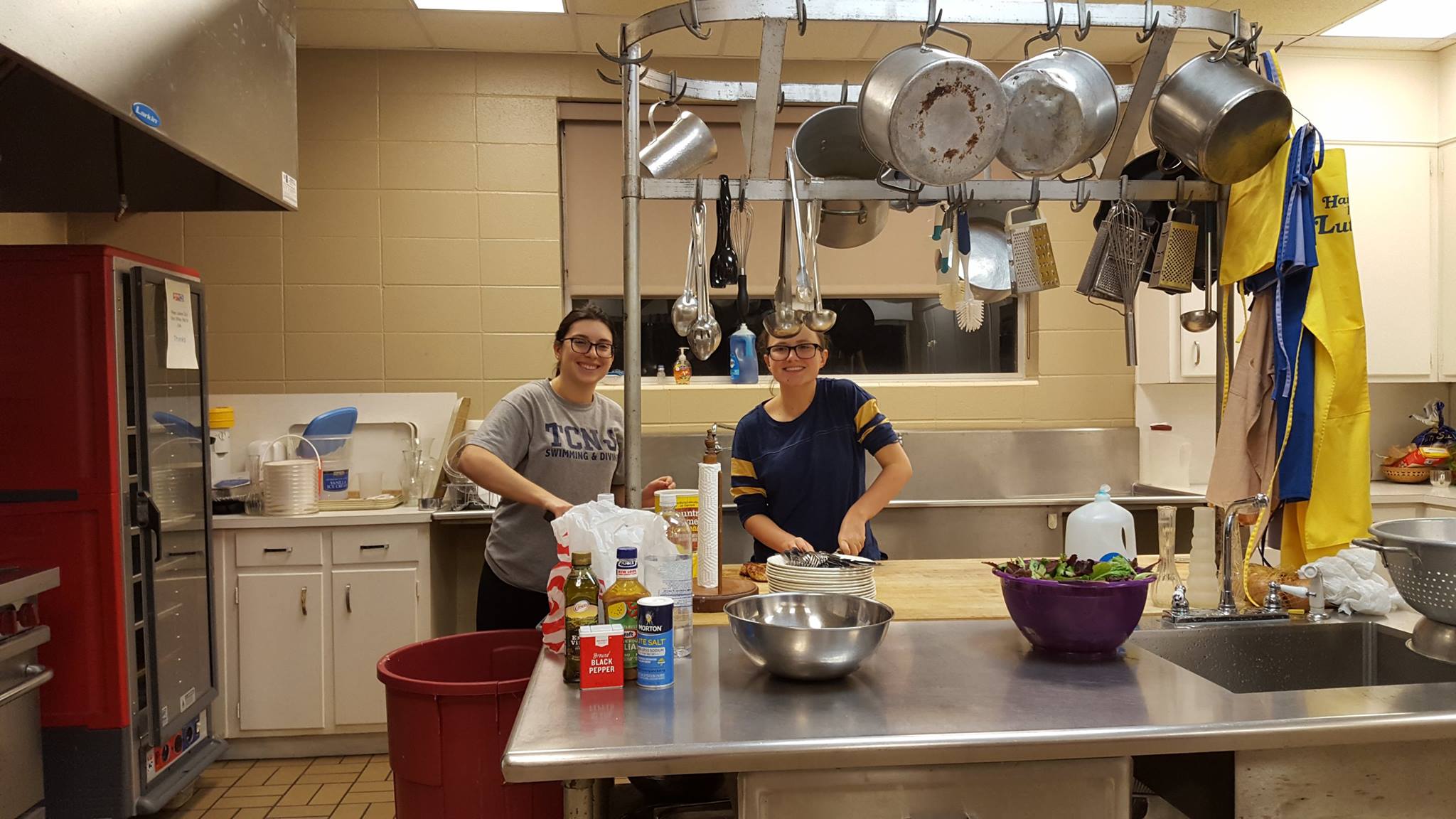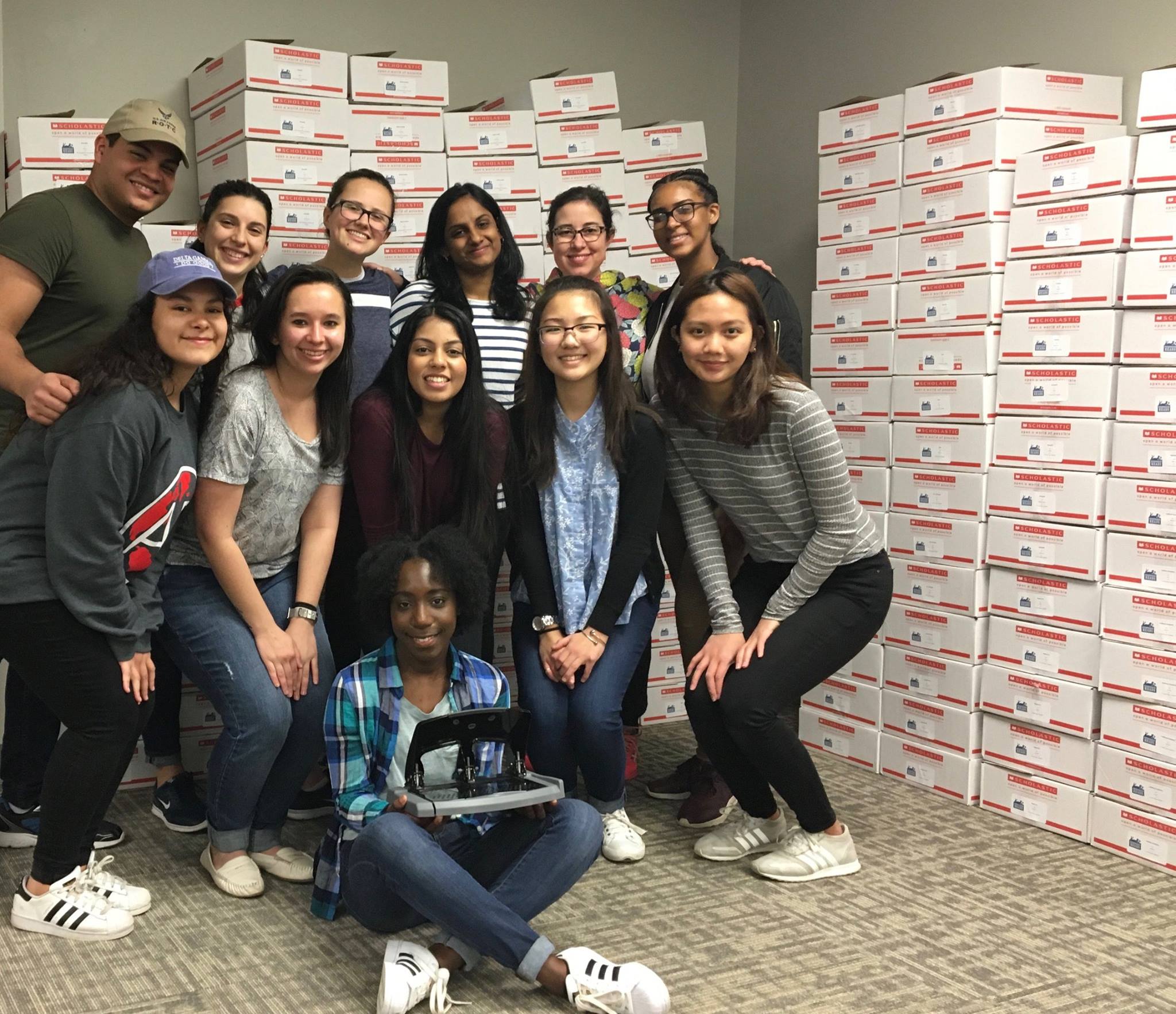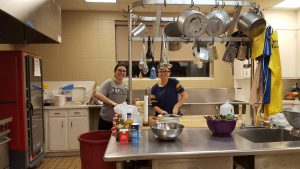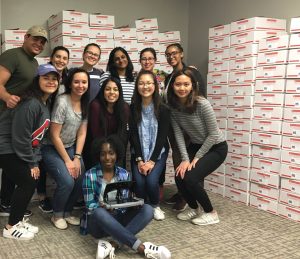Alternative Breaks: Substitute Lounging for Social Outreach
NYU Alternative Breaks offers a service-oriented option for students who want to cast aside their sweatpants and Netflix subscriptions for service work during their spring or winter breaks.
According to CAS senior and president of NYU Alternative Breaks Anne-Marcelle Ngabirano, the program was started at the university in 2004 as a reaction to the damage caused by Hurricane Katrina. Today, approximately 300 to 400 students are involved with the outreach efforts that take place over spring and winter breaks, according to Ngabirano.
“It is a year-long program that is really focused on educating students on a social issue,” Ngabirano said. “Our AB chapter runs a little bit differently from other chapters around the country. We have people apply in the first semester, and they apply to a social issue and they say why they want to work on [it].”
In addition to the service trips that take place during winter and spring breaks, the program hosts weekly meetings, which Ngabirano said are spent preparing for the trips through reading, research and engagement with community members.
“The misconception about alternative breaks is that you’re going to spend a week abroad and save the world,” Ngabirano said. “From when you start, you’re doing a lot of learning and a lot of reading. You’re pairing with activists or community organizers in the area of New York. There is a lot of rethinking your own biases.”
Ngabirano said that most of the year is spent learning about how the selected social issue impacts the student, the community and the world. She said that this level of preparation is necessary so that when students travel to their sites during winter and spring break, they are prepared to work with the organization in the area that Alternatives Breaks will be aiding. These organizations are often well-established within the community, and the program works to supplement and facilitate their work.
CAS senior Ratu Gustiantri, who has been a part of Alternative Breaks for three years, said that her experience has been educational. Gustiantri traveled to the Dominican Republic twice to work with Service for Peace on Community Development in El Cidral. More recently, she worked in Birmingham, Ala. on literacy interventions in an elementary school.
“I really appreciate the chance to orient myself with social issues that I don’t typically face on an everyday basis,” Gustiantri said. “It’s one thing to learn about an issue through text, but it’s another to learn about it hands-on.”
Gustriantri said that she originally joined Alternative Breaks because she wanted to be more involved in service while in college. Although she is graduating and will no longer participate in this program, she hopes to continue service work in the future.
“Alternative Breaks has really taught me to be mindful of the communities I serve in and to pay attention to the positive and negative aspects that may be present in service — I plan on keeping those things in mind wherever I end up,” Gustiantri said. “Ideally, someday I’ll end up working with Doctors Without Borders, but we’ll see about that.”
In response to criticisms regarding the sometimes detrimental impacts of outreach work — Ngabirano said that some people perceive Alternative Breaks as simply a means to travel as opposed to making meaningful changes to communities — Ngabirano said that the group has been adapting its practices to focus more on the learning aspect than the traveling component of the program.
“When I first joined Alternative Breaks our motto was ‘learn, travel, serve’ — that is not our motto any more,” Ngabirano said. “[It is] ‘learn, serve, engage’ because [travel] is such a small component of it. A week is miniscule compared to the year you are spending with the group.”
Email Jemima McEvoy at [email protected].
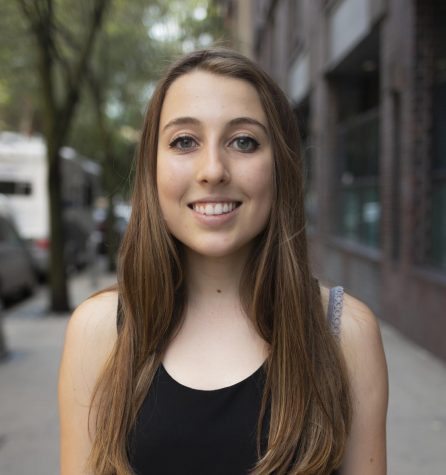
Jemima McEvoy is a junior studying Politics, Economics and Languages in CAS. Maybe it's because she grew up in the British countryside, but she's completely...

























































































































































